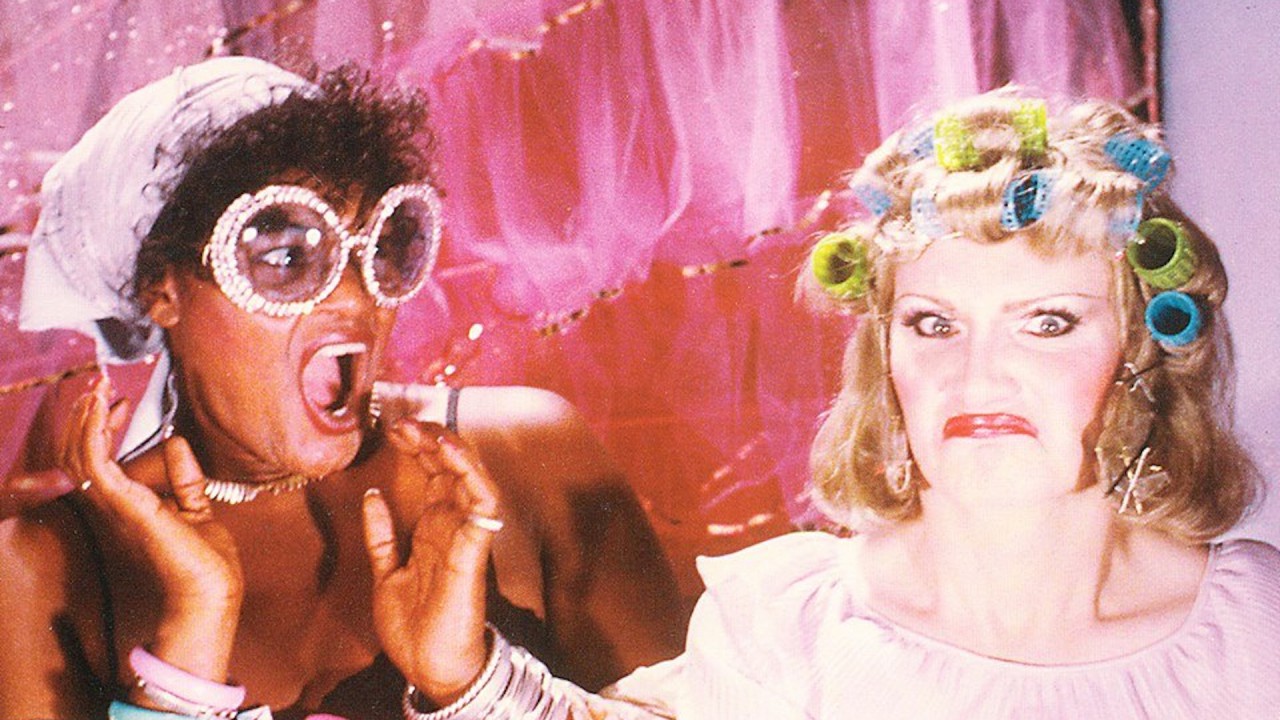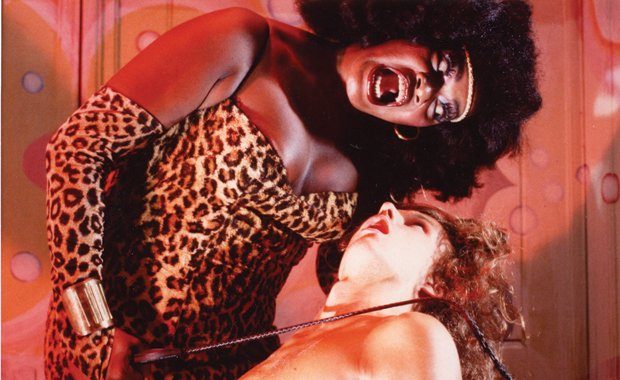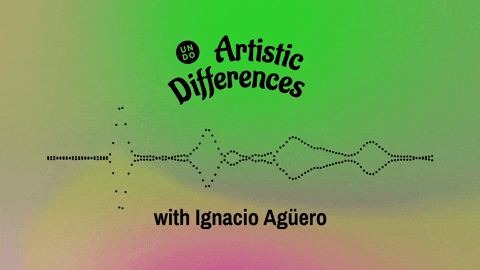Nov 20, 2015 at 7:30 pm
City of Lost Souls
With Juliet Jacques.
Lagging behind gay and lesbian history, a transgender cultural cannon is still being defined, and Rosa von Praunheim’s 1983 trans musical spectacular, City of Lost Souls, captures a unique position within the development of transgender theory.
At the time it was released, City of Lost Souls was criticized for its messy storyline. Trans: A Memoir author Juliet Jacques argues that the film has aged remarkably well; in fact it’s flawed or Warholian insistence on character and improvisation forever preserved a nuanced exploration of the alienation that comes with being a gender or sexual minority. “It’s fascinating to see the debates in which they worked out their gender identities staged before online communities, transgender-specific fanzines or Queer/Transgender Studies courses — all crucial to the development of organized transgender politics,” Jacques wrote in her review of the film.
Following the screening, Jacques will discuss how City of Lost Souls has inspired her writing and her process of creating trans art that faithfully documents the messiness of her experience, subverting the transition genre designed for the cis-gaze.
Program
City of Lost Souls
91 min., 1983
By 1982, “transgender” had been used in several contexts, but it does not appear in City of Lost Souls. The relationship between the two main characters, Angie Stardust, a transexual, and Tara O’Hara, the transvestite “ideal,” whose breasts Angie envies and derides — anticipate the passionate debates about the tranvestite / transsexual dichotomy and transgender alliance. As Jacques writes in her memoir, the transgender alliance that emerged did not end debates between transsexual people who moved across the gender binary and transgender and genderqueer individuals who aimed to find space beyond male and female.
91 min
Juliet Jacques is a freelance writer, best known for the Guardian’s “Transgender Journey”—the first time the gender reassignment process had been serialized for a major British publication. Her column was longlisted for the Orwell Prize in 2011. She was included in the Independent’s Pink List for 2012, 2013 and 2014, and is a regular contributor to the New Statesman. She has also written for Granta, TimeOut, Filmwaves, 3am, the London Review of Books, the New Humanist, the New Inquiry, and many other publications. She lives in London.









